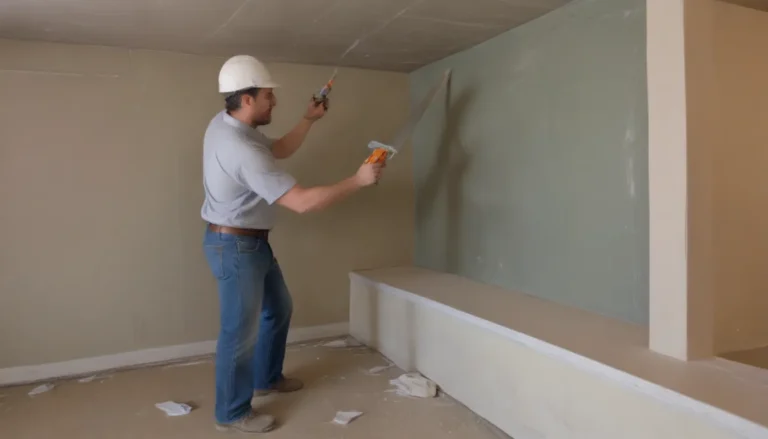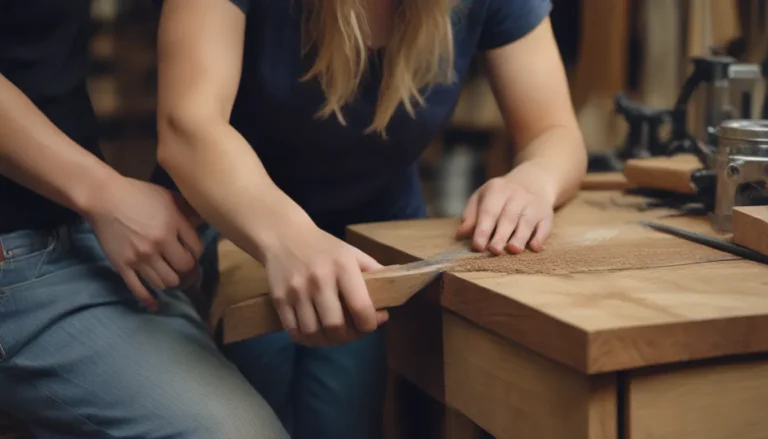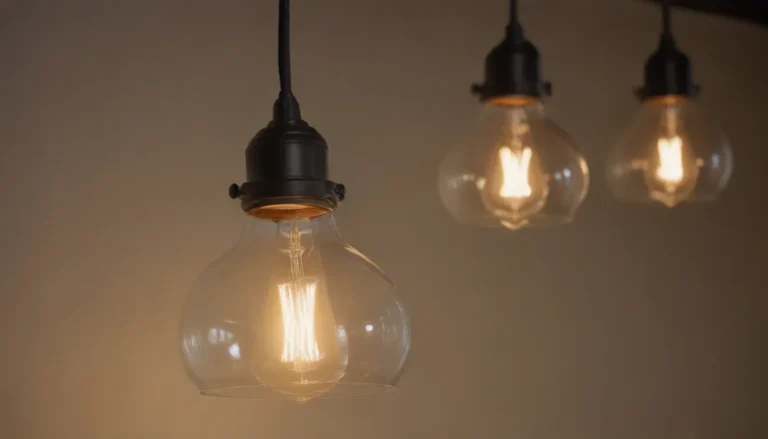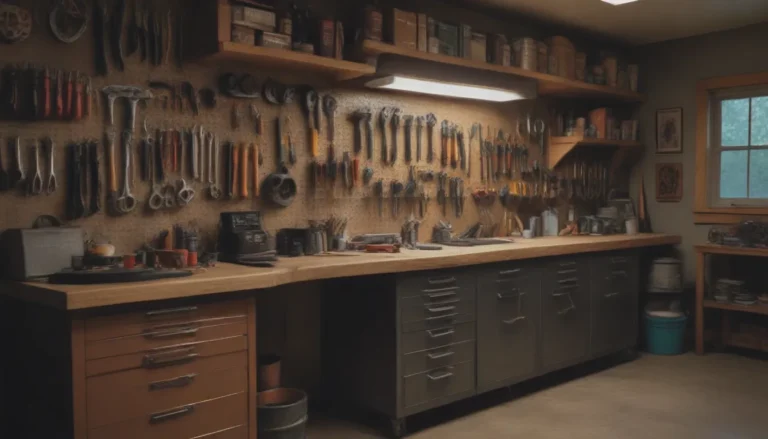How to Ensure a Durable Concrete Garage Floor Slab
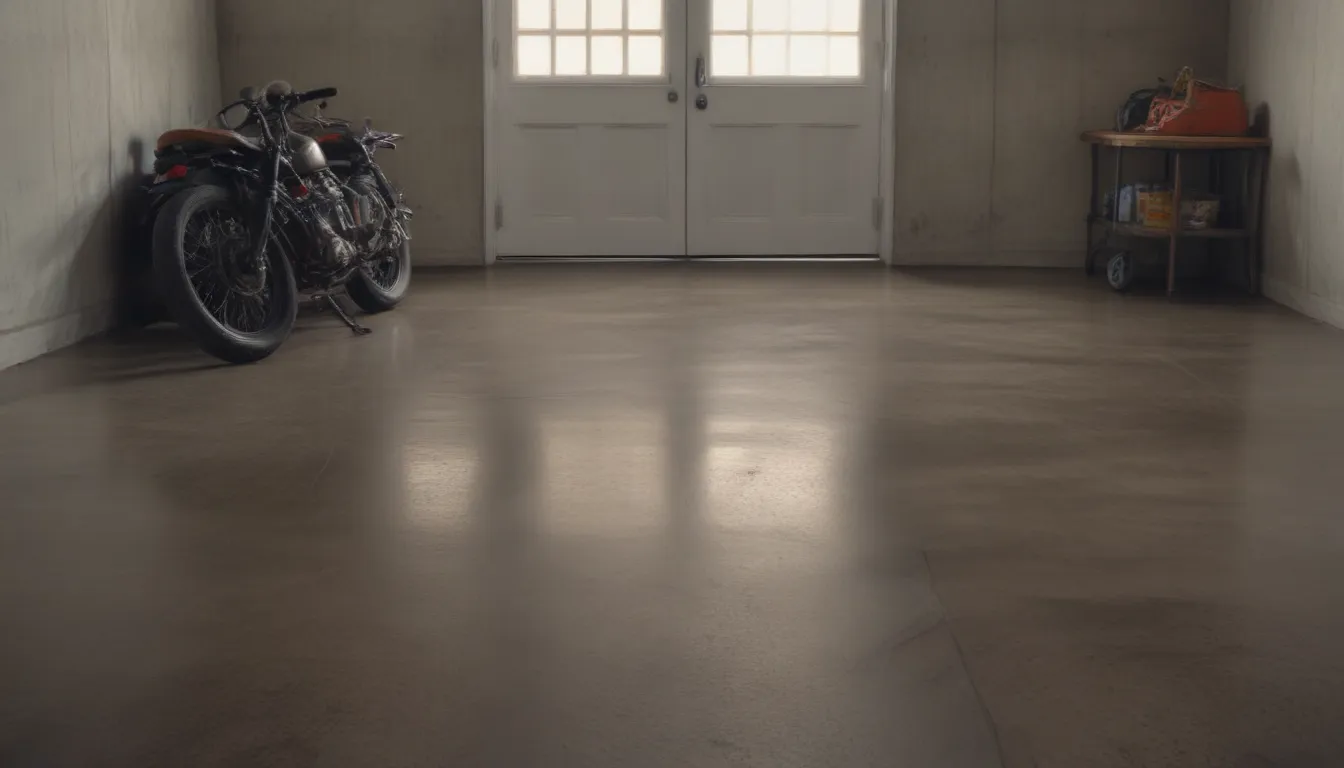
Are you considering a new concrete garage floor or in the midst of planning one? If so, you probably have a lot of questions swirling around in your mind. While it might be tempting to simply hire a concrete contractor and let them take care of everything, it pays to do a little research beforehand. This article will provide you with valuable information to ensure that your concrete garage floor slab stands the test of time.
Why Research is Key
Before diving headfirst into a home remodeling project, it’s crucial to arm yourself with knowledge. Whether you’re planning to tackle the project yourself or hire professionals, understanding the ins and outs of concrete slabs is essential. The last thing you want is to end up with a subpar concrete slab that develops cracks in no time.
What Sets Good Concrete Slabs Apart
The key to a durable concrete garage floor slab lies in the details. Here are some factors that differentiate a good slab from a not-so-good one:
-
Floor Level: While older building codes used to require a four-inch step between the garage floor and the house floor, this is no longer a necessity in most areas. However, some contractors and building inspectors might still stick to this outdated requirement. If you encounter this, don’t hesitate to question its relevance.
-
Ground Preparation: The foundation of your concrete slab is crucial. Proper ground preparation involves removing topsoil and adding a layer of gravel or stone to ensure stability.
-
Vapor Barrier: While not always mandatory, a vapor barrier is highly recommended to prevent water from seeping up through the concrete and causing damage.
-
The Right Mix: The concrete mix should meet regional standards for compressive strength. Adding too much water to the mix can result in a weaker slab, so be wary of contractors who try to dilute the mix.
-
Reinforcement: While wire mesh or rebar reinforcement has been a common practice, with modern techniques and materials, it may not always be necessary. Proper ground preparation and a strong concrete mix can often suffice.
-
Expansion Joints: Just like wood, concrete expands and contracts with temperature changes. Including expansion joints in your slab can help prevent cracks and damage over time.
-
Finishing and Curing: After pouring the concrete, it’s crucial to level and smooth the surface, as well as create expansion grooves for added crack resistance. Proper curing is essential for the concrete to reach its maximum strength and durability.
Additional Tips for a Better Concrete Garage Floor Slab
In addition to the key factors mentioned above, here are some more tips to ensure a top-notch concrete garage floor slab:
-
Proper Thickness: Aim for a minimum thickness of four inches for your concrete slab. If heavy equipment will be placed on it, consider increasing the thickness accordingly.
-
Cold Climate Considerations: If you live in a cold climate, ensure that your concrete mix includes air-entraining agents to withstand freeze-thaw cycles effectively.
-
Fiber Reinforcement: Adding fibers to the concrete mix can significantly improve the strength and durability of the slab without adding significant cost.
Conclusion
A well-executed concrete garage floor slab can last for decades without showing signs of wear and tear. By paying attention to factors like ground preparation, the right mix, and proper finishing techniques, you can ensure that your concrete slab stands strong against the test of time. Remember, a little research and attention to detail can go a long way in transforming your garage floor into a sturdy foundation for years to come.
